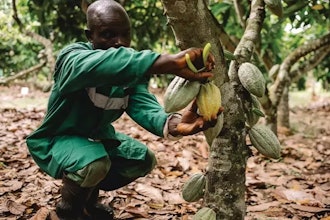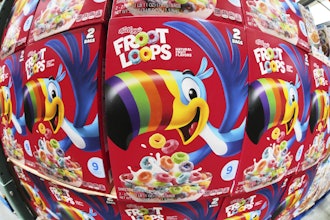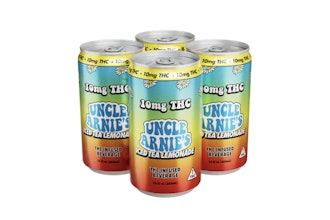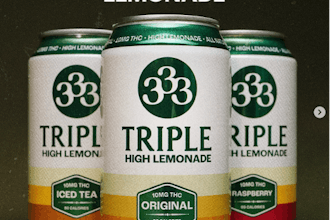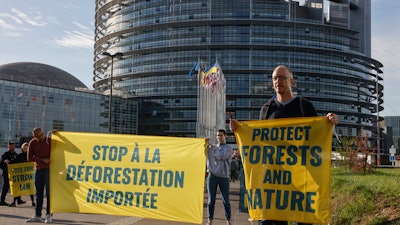
BRUSSELS (AP) — European Union lawmakers have backed a proposal for a law that would ban the sale in the 27-nation bloc of agriculture products linked to the destruction of forests.
MEPs gathered on Tuesday in Strasbourg, France, supported and strengthened a plan from the EU's executive arm with 453 votes to 57, and 123 abstentions.
The EU Parliament will now start negotiations on the final text with EU member states.
Once approved, the law would force companies and producers to give assurances that products are “deforestation-free.” Businesses would be forced to verify that agricultural goods sold in the EU have not bee made on “deforested or degraded land anywhere in the world," the Parliament said.
“Acknowledging that the EU is responsible for around 10% of global deforestation, we have no choice but to ramp up our efforts to halt global deforestation," said Christophe Hansen, the lawmaker in charge of the Parliament's report.
In addition, MEPs proposed that banks and financial institutions should be covered by the law to prevent them from investing in projects linked to deforestation.
“This could be the beginning of the end of the money pipeline that is destroying forests around the world – but only if national governments across the EU step up and support this plan to make European banks deforestation-free in negotiations on the final law,” said Giulia Bondi, from Global Witness campaigning group.
Deforestation in South America, Africa and Asia is driven mainly by agricultural expansion.
Quoting data from the U.N. Food and Agriculture Organization, the EU Parliament said that some 420 million hectares of forest were lost to deforestation between 1990 and 2020. This is an area larger than the EU.
The European Commission, which proposes EU laws and supervises the way they are enacted, suggested last year that the legislation covered soy, cattle, palm oil, wood, cocoa and coffee.
Under the position adopted Tuesday, lawmakers also want to include pig meat, sheep and goats, poultry, maize and rubber, as well as charcoal and printed paper products.
“MEPs also want companies to verify that goods are produced in accordance with human rights provisions in international law and respect the rights of indigenous people,” the Parliament said.
Environmental group Greenpeace praised the result of the vote.
“Nobody wants to worry that their weekly shop might be linked to death and destruction – the vote today is a big step towards breaking that link," said Greenpeace EU forest campaigner Sini Eräjää.
At the U.N.'s climate conference, COP26, last year, over 100 nations representing more than 85% of the world’s forests pledged to halt and reverse deforestation by 2030. Among them were several countries with massive forests, including Brazil, China, Colombia, Congo, Indonesia, Russia and the United States.














